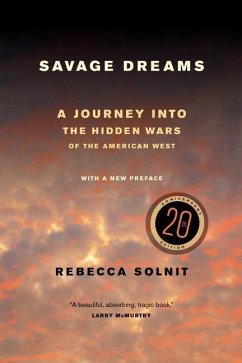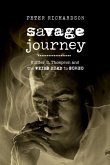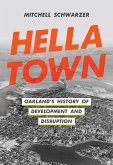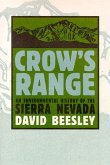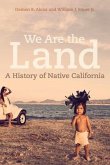In 1851, a war began in what would become Yosemite National Park, a war against the indigenous inhabitants. A century laterin 1951and a hundred and fifty miles away, another war began when the U.S. government started setting off nuclear bombs at the Nevada Test Site. It was called a nuclear testing program, but functioned as a war against the land and people of the Great Basin. In this foundational book of landscape theory and environmental thinking, Rebecca Solnit explores our national Eden and Armageddon and offers a pathbreaking history of the west, focusing on the relationship between culture and its implementation as politics. In a new preface, she considers the continuities and changes of these invisible wars in the context of our current climate change crisis, and reveals how the long arm of these histories continue to inspire her writing and hope.
Hinweis: Dieser Artikel kann nur an eine deutsche Lieferadresse ausgeliefert werden.
Hinweis: Dieser Artikel kann nur an eine deutsche Lieferadresse ausgeliefert werden.
"Savage Dreams is about many things: despoliation and restoration, finding a voice between contemporary noise and silence, making friends and enemies. Most of all, though, it may be about a journey into history: about how understanding history and making it are not really very different." - Greil Marcus, author of Lipstick Traces

